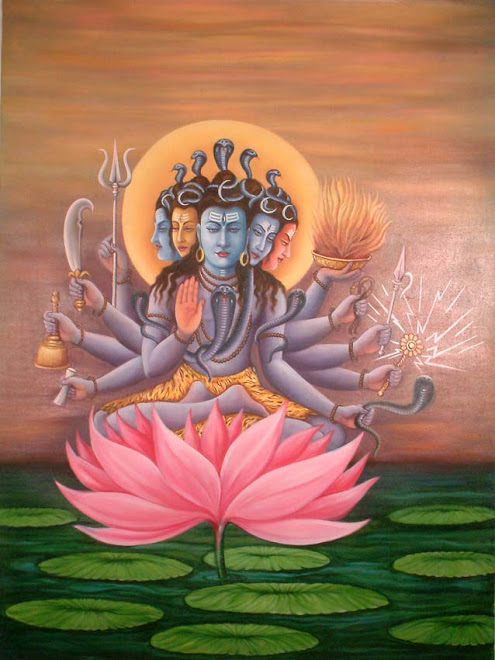 I've read a lot of memoirs, but this one was one of the hardest to read. At nine years old, Lucy Grealy was diagnosed with a very dangerous form of cancer (she finds out later that only 5% of people with this disease survive). In the surgery to remove the tumor, she lost a third of her jaw. Two years of subsequent radiation and chemotherapy left her with fragile bones and teeth. Year after year of endless surgeries followed, in useless attempts to repair the damage.
I've read a lot of memoirs, but this one was one of the hardest to read. At nine years old, Lucy Grealy was diagnosed with a very dangerous form of cancer (she finds out later that only 5% of people with this disease survive). In the surgery to remove the tumor, she lost a third of her jaw. Two years of subsequent radiation and chemotherapy left her with fragile bones and teeth. Year after year of endless surgeries followed, in useless attempts to repair the damage.The number of ways in which Grealy suffered are beyond count. The horrific pain of the surgeries and therapies, the cruelty of other children, the agony of chemotherapy, her father's death, the continual disappointment as each reconstructive surgery fails...the pain becomes difficult to read about, I can't even imagine how she lived through it all. She writes without sentiment and without self-pity, which makes the reading bearable (just). But she also writes without a redemptive message, and although I didn't want her to come to an epiphany that taught her some great emotional lesson, the fact that it all just...ends, made the reading even harder. And knowing that not too many years after finishing the book Grealy committed suicide makes it all so very very sad.
I had already read the book Truth and Beauty: A Friendship, written by Grealy's best friend, the novelist Ann Patchett (Bel Canto, State of Wonder), about their long and very close friendship, so I knew much of the story and also knew what happened afterwards: Grealy's drug use and eventual suicide. Although it was probably backwards to read Patchett's memoir first, together the two books chronicle so much love and loss and pain that it is truly heartbreaking.

No comments:
Post a Comment